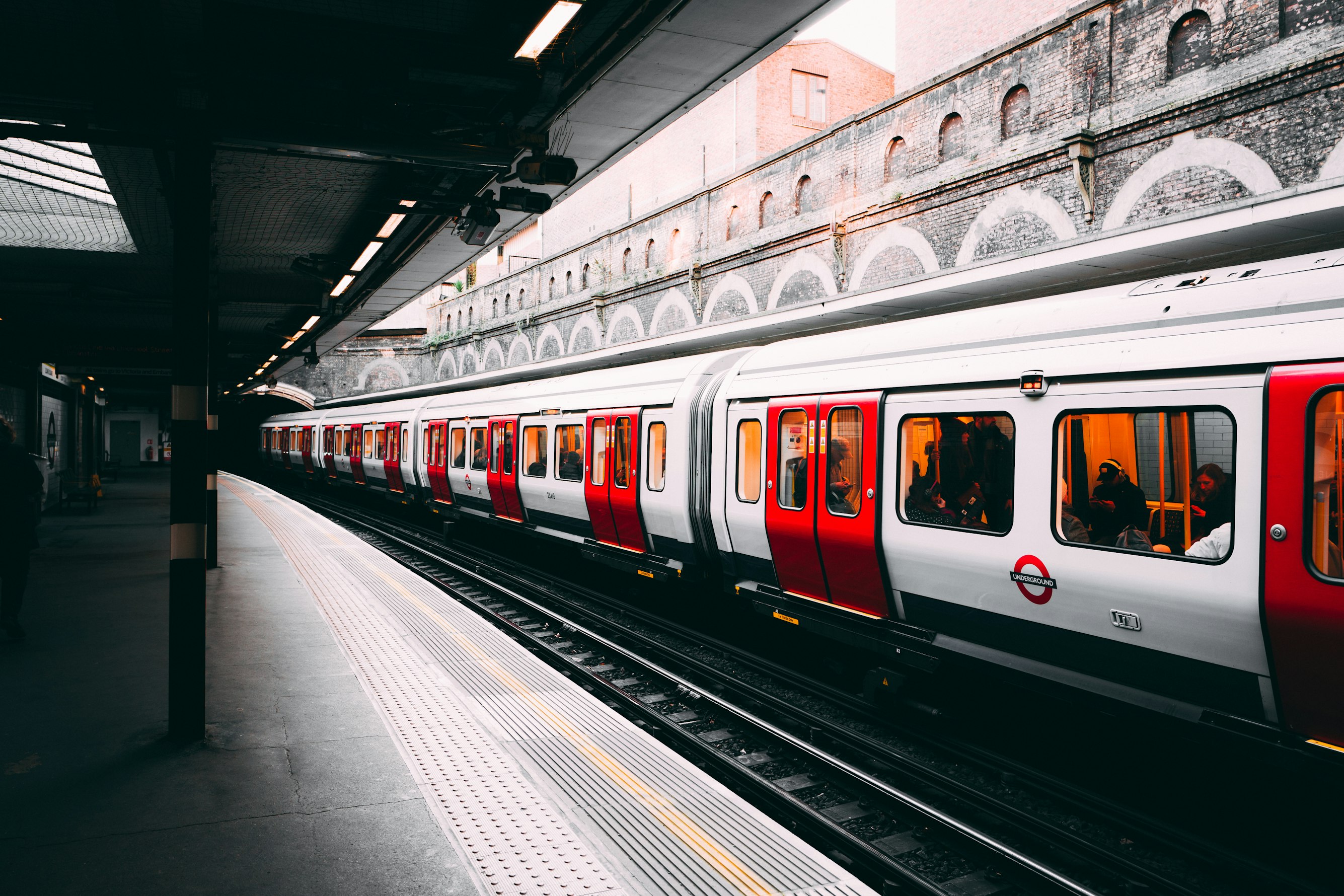The nonsense of train prices
As I dive deeper into the GIEC reports, the awareness of my carbon footprint grows each day. It's become a focal point for me, prompting a search for ways to lessen my impact.
When I calculated my carbon footprint, excluding societal services (over which I have limited control), I was pleasantly surprised to find it at around 3 tons — a significant dip below the national average. However, this excluded my vacations.
I'm a travel enthusiast. It brings me immense joy, and it's been a defining part of my life — I even met my wife as an exchange student abroad. While I don't want to cut back on it, I wanted to gauge its impact on my emissions. The result was clear: my trips doubled my carbon footprint. Digging deeper, the majority of these emissions stemmed from air travel. Just a few flights over the last three years accounted for roughly 50% of my total emissions.
The solution for an EU citizen seems straightforward: "Cut down on flights and embrace the extensive high-speed train network of the EU". Well, it's not that simple. A round-trip from Paris to Glasgow, for example, would set you back around 400 euros via high-speed trains (as per Raileurope). Compare that to an average fare of 150 euros when booked three to four months in advance (as per Kayak), and the issue becomes apparent. The problem exacerbates when booking for the next week — train prices tend to rise while flight prices drop (450€ VS 120€). This trend repeats with other routes like Paris/Berlin or Paris/Madrid.
The common response I get when highlighting this discrepancy is, "That's because airplane fuel is not taxed. If it were, that would solve the issue.". Indeed, the Energy Taxation Directive of 2023 prohibits countries from taxing airplane fuel without a bilateral accord — a condition challenging to meet, even with the best intentions. But let's envision what it would look like.
On a medium-length journey like Paris to Glasgow, a modern airplane like the A320Neo consumes around 2650 liters of fuel per hour of flight. Considering an 85% occupancy, that translates to approximately 75 liters per passenger for the round trip. Applying the average EU taxation rate for car fuel of 0.53€, this would add around 40 euros to your ticket.
However, this is far from sufficient to make train travel a viable option.
This analysis also neglects the time such trips take. A one-way plane journey, accounting for airport procedures and transportation to city centers, takes less than 6 hours. The fastest train route takes at least 8 hours with a transfer. Considering these downsides, even with a taxed airplane ticket, it remains a preferable choice for customers.
I strongly believe that plane tickets are too cheap. They should be taxed at least as much as car fuel. Since COVID, airplanes are predominantly used for leisure, and it makes no sense to tax them less than an essential tool for many families. Simultaneously, train tickets are too expensive. With one of the world's best rail networks, subsidies should be in place to make trains a viable alternative for distances of 1000km or less. At least Interrail offer a way to minimize train costs, but they remain a stopgap solution, not enough to fully bridge the affordability issue.
